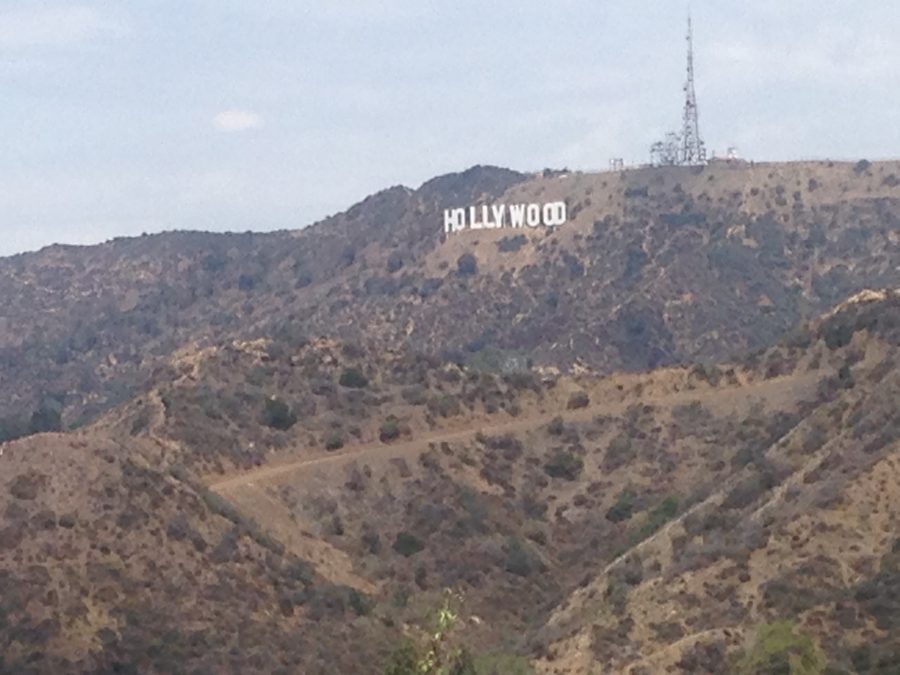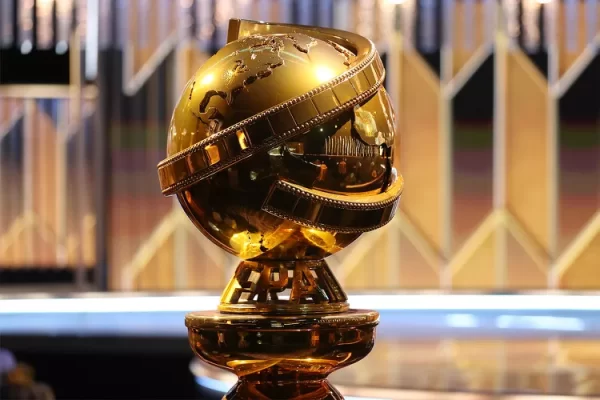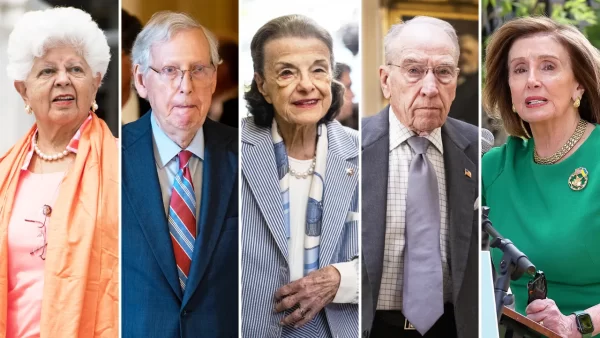‘Whitewashing’ Corrupts Film Industry
Hollywood film executives are regularly releasing films to the moviegoing public but more of them are beginning to feature regular white washing.
As early as the 1930s, film executives and directors cast white actors as characters who are not meant to be played by white actors. The term ‘whitewashing’ is becoming more popular as white actors are continuously cast in historically Asian, Native American, or Indian roles.
A prime example of whitewashing occurred in the beloved 1961 film Breakfast at Tiffany’s. The film is loved and praised by a multitude of audiences, yet fans seem to forget the extremely racist performance white actor Mickey Rooney gave as Mr. Yunioshi. This Japanese stereotype is so offensive and derogatory that even if a Japanese man were cast to play the part, it would still have been a very insulting portrayal. Rooney used buck teeth and squinty eyes to indulge in the disrespectful assumptions of Asian people during the 60s.
No one is perfect – not even Disney. In 2009, The Walt Disney Company bought Marvel Entertainment for four billion dollars. Disney made major profits off of Marvel’s 2016 superhero film Doctor Strange, starring Tilda Swinton as the Ancient One. In the original 1960s comics, the Ancient One is an Asian man. But in the film, he is a Caucasian she.
To be fair, the Ancient One is a character who represents the stereotype of how white people thought Asians acted in the 60s. In order to defeat this cliche, the director thought it would be a smart idea to cast someone completely opposite of the original Ancient One. This decision, though, came with consequences.
Film-goers are beginning to assume Marvel and other Hollywood studios are willing to sacrifice diversity in their films if it means ensuring a bigger profit through a famous white actor’s name. The issue is not black and white, however. In Marvel’s case, the director of Doctor Strange thought the Marvel universe was well overdue for a strong female lead, which it was. In the end, though, the casting decision for the Ancient One was an advancement for women, but not necessarily for people of color.
New year, new Hollywood? Doubtful. In early 2017, Matt Damon starred as the main character in The Great Wall about, well, none other than The Great Wall of China. This movie stirred up plenty of controversy as viewers were shocked to see a white actor as the hero in a Chinese setting. Some believe this casting choice perpetuates the stereotype that only a white man can save the world.
The internet also mocked The Great Wall’s blatant whitewashing with the hashtag #ThankYouMattDamon, circulating across the Asian community on Twitter. This film truly was built for a “world audience”. North America rejected the movie, causing its profits to be only $18 million on its opening weekend. Ironically, however, it was a smash hit in China.
The most recent case of whitewashing comes in the form of Japanese film series Ghost in the Shell. On March 31, a movie adaptation of Ghost in the Shell, starring Scarlett Johansson as the lead, The Major, will be released in the United States.
To most, it only makes sense that Johansson was cast as the main character. She is a very talented actress; she won moviegoers’ hearts in Marvel movies as the Black Widow and starred in her own very successful solo film, Lucy. Her acting abilities, though, have nothing to do with the casting decision by Paramount and Dreamworks.
American film audiences know who Johansson is; it is as simple as that. It does not matter that Ghost in the Shell is a Japanese story. It does not matter that it is a personal narrative about the country of Japan and its advancements during that time period. In fact, it does not even matter that Asian-American actress Rinko Kikuchi could have presented an amazing performance in this movie. None of this matters anymore because it is too late to make any casting changes, and the only thing the producers care about is how many people will be sitting in the theater on opening weekend.
Scarlett Johansson is openly a feminist; she believes in the equality of men and women on every level. The issue is that she sees no fault in portraying a Japanese character even though she is a white, American woman. If she were truly a feminist, she would question the impracticality of having a white leading actress in a movie based in Japan starring a mostly Japanese cast.
For years, audiences have seen the same thing with whitewashed movies: a major role meant for a person of color is portrayed by a white actor in order to rake in ticket sales. Movie fans and critics are becoming fed up with Hollywood’s games. They want casting directors to think about the story that is supposed to be told versus how much it will make at the box office.
Whitewashing is seen less with other races and more with Asians, but why is this the case? Do film executives assume people will not notice because they are not as dark as other people of color? There are plenty of Asian actors in Hollywood, both male and female, so scarcity is not an issue. There may never be an answer to this question, but eventually film producers will have to respond to the racism to which they are exposing their audiences.
Since the beginning of the film industry, Hollywood executives have tried to establish whitewashing as something that should be accepted in society. Viewers are progressively sending a similar message to the industry; normalizing whitewashing will get them nowhere. More people are starting to see the blatant bigotry in movies and more people are rebelling against it.










